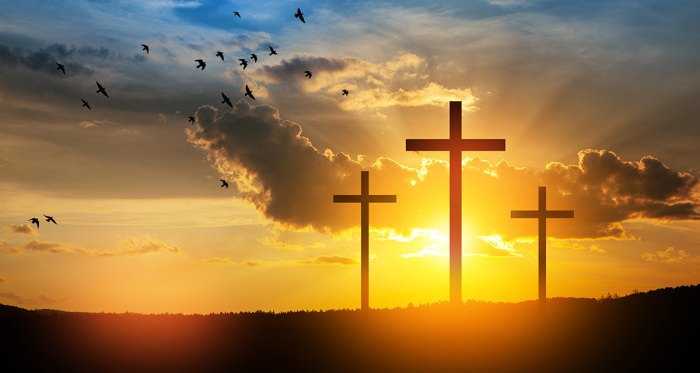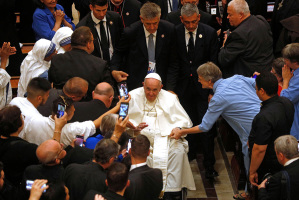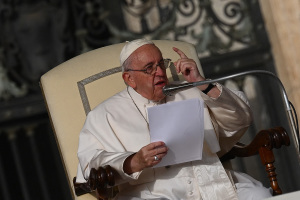Charity faces backlash for describing Easter as pagan holiday in kids' book

A British heritage charity has come under criticism after describing Easter as a pagan holiday in a children’s booklet. English Heritage distributed the booklet at several historic sites, drawing accusations of “whitewashing” one of the holiest days for Christians by ignoring its Christian origins.
The booklet, part of an Easter Adventure Quest designed for children visiting English Heritage sites like Whitby Abbey, Dover Castle and Down House, describes Easter as a spring celebration named after the pagan goddess Eostre, The Telegraph reported.
“Did you know Easter started as a celebration of spring? Long ago, people welcomed warmer days and new life by honouring the goddess Eostre, who gave Easter its name!” it states.
The booklet also mentions traditional pagan activities, including dancing around bonfires and decorating homes with flowers.
English Heritage faced criticism because the booklet and related materials made no mention of Christianity or the religious significance of Easter, which commemorates the death and Resurrection of Christ.
Visitors expressed concern that the omission neglected the essential Christian context, particularly given the event’s historical religious significance, according to the Telegraph.
One visitor, identified as Phil, chairman of governors at a Catholic primary school in Kent, noted the absence of Christian references in the material, remarking that Christianity had been completely “whitewashed out of the story.”
Phil said he felt compelled to explain the goddess Eostre to his 7-year-old son himself.
Historian Giles Udy argued that the omission reflected a troubling trend against Christianity by official organizations in the U.K. He compared it to historical attempts to suppress Christianity under Soviet regimes, which promoted militant atheism.
Julie McNamee, who also visited English Heritage sites, was quoted as saying that that although she is not Christian, any educational material for children should at least mention the Christian Easter story.
English Heritage sought to explain the omission by stating that the booklet was part of an educational series aimed at children and that they extensively cover Easter’s diverse historical and cultural traditions across their various educational materials and website content.
In one write-up, the English Heritage website describes Easter as “the most important date in the religious calendar since the very earliest days of Christianity.” Another explains the historical determination of Easter’s date at the Synod of Whitby in 664 AD.
The charity’s Facebook page describes how the Easter egg hunt originated in 16th century Germany through Protestant reformer Martin Luther. According to the account, Luther organized egg hunts for his congregation as a symbolic gesture referring to the biblical story of Christ’s resurrection, where women discovered the empty tomb.
The discrepancy between the event’s printed material and other resources provided by English Heritage contributed significantly to the public backlash.





























